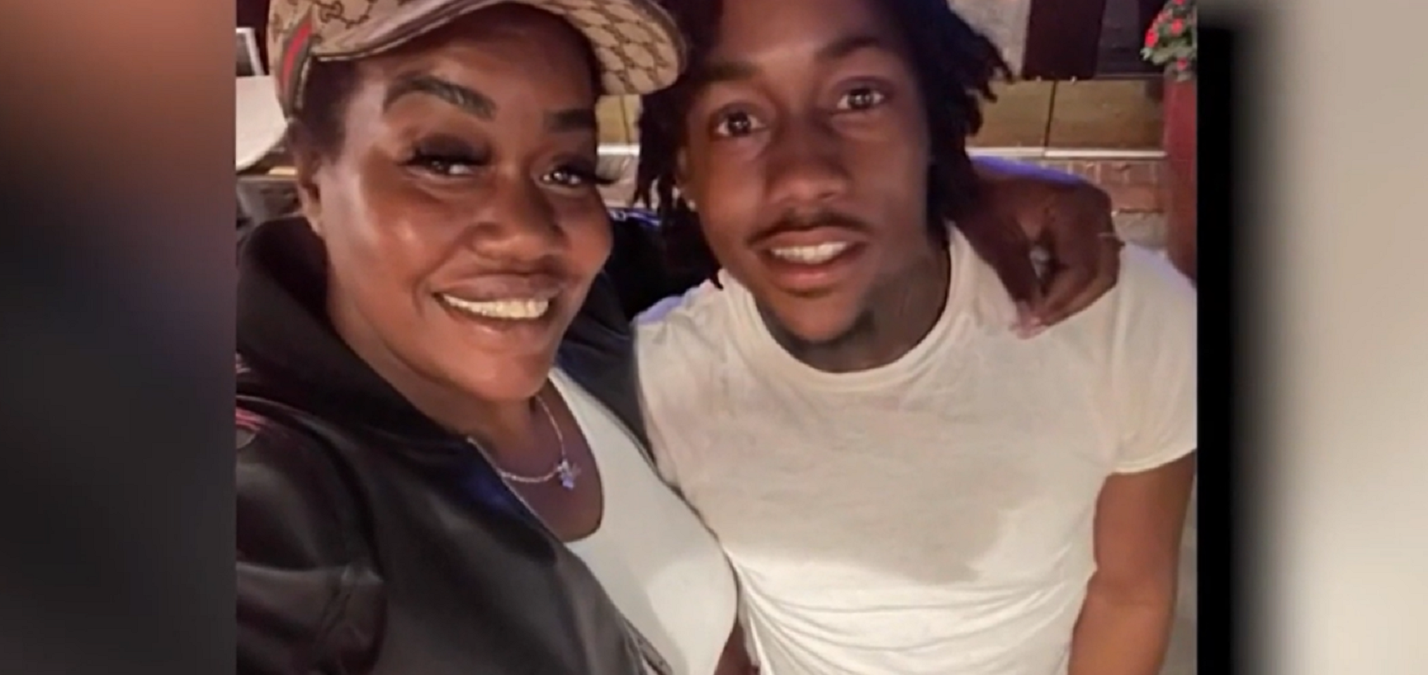Romance scams surge around Valentine's Day, according to the Better Business Bureau (BBB), and the organization has seen an increase in complaints over the past year.
"The Federal Trade Commission reported about $300 million was lost in the last four years," said Steve Bernas, president and CEO of the BBB serving Chicago and Northern Illinois.
Only 10% of victims come forward, often because of the shame associated with losing money online, according to the BBB.
One Rockford woman is sharing her story, however, as a warning to others.
Feeling out of the loop? We'll catch you up on the Chicago news you need to know. Sign up for the weekly Chicago Catch-Up newsletter here.
"A military person wrote me a very nice message on a [Facebook] post and just said you seem like a nice person, and I'm in Syria," said Karen Hoffman of the man purporting to be a high ranking Army General.
"But then he started messaging me, and he got more and more demanding. He would ask for all kinds of information," she said.
"It was all day long, all night long. I thought, he’s a General in Syria, and he has nothing to do but message me?"
Local
The messages began in January. Hoffman says she wasn't looking for love. Rather, coming from a military family herself, she thought she was doing her civic duty by being a friend to someone serving overseas.
"I thought why not? I had pen pals during the Vietnam era."
He quickly asked for her phone number to move the conversation offline. That's a big red flag, according to the BBB.
"When you get off the website and start communicating through text or Skype or other ways, the protection is not really there for you," said Bernas.
Bernas says the hardest hit victims are typically over the age of 55. According to a recent Pew Research Center study, three in 10 U.S. adults have used a dating website or app in search of a romantic partner.
When Hoffman noticed too many red flags, she searched the man's name on Facebook. She found more than 70 profiles using the same name and pictures.
"That’s when I found out there was one woman he had scammed for $20,000. Another woman for $50,000," said Hoffman.
"I was angry, and when I saw that, I messaged him back. I said, 'I just found out you’re a scam and I want you to know.' When he responded back it was very much in broken English. Then he threatened to kill me," she said.
She immediately reported her experience to the BBB.
Reverse image searches online can be one way to protect your heart and wallet. The BBB also suggests never sending money to strangers.
"A request for money is a 'tip off to the rip off.' Never give money to someone you haven’t met in person. Be especially wary if they ask you to send funds through wire transfer, money orders or pre-paid cards, as these forms of payment are untraceable and cannot be returned. Cut off contact immediately with anyone who requests money online," said Bernas.
They also suggest you take it slow. A red flag is someone who wants to get serious very quickly and not meet first. Take your time to get to know your match and ensure it is who they say they are.
Karen's advice: If it's someone outside of your community, "he’s not looking for romance with you. He’s looking for your funds."
The BBB urges anyone who believes they've been involved in a scam to report it on the BBB online Scam Tracker.



